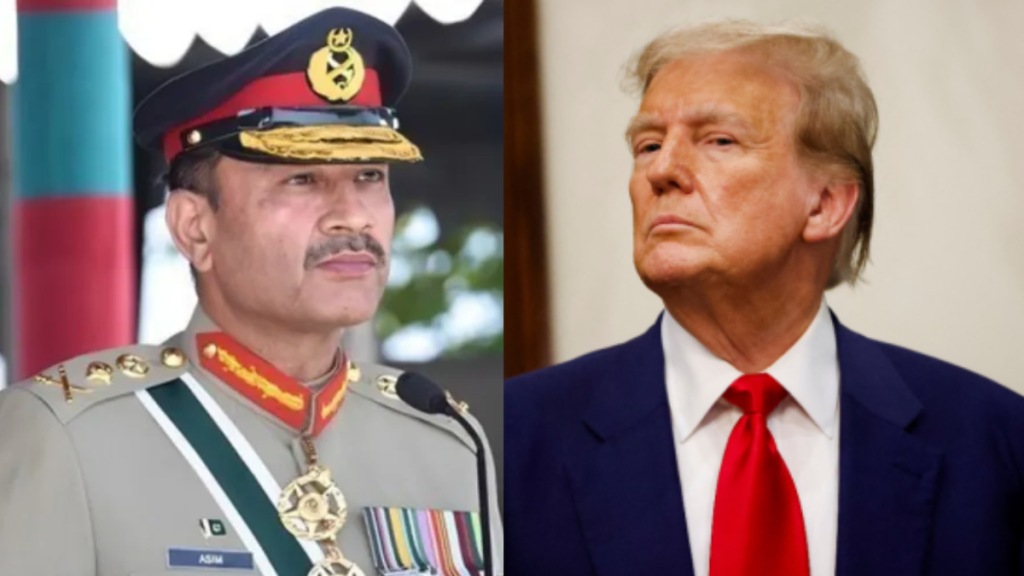Balochistan’s vast reserves of critical minerals were reportedly on the table during a high-profile lunch meeting at the White House between Pakistan Army Chief Asim Munir and US President Donald Trump. The discussion underscored Washington’s interest in the region’s strategic wealth, especially its deposits of rare earths, copper, lithium, and other minerals central to future energy and defence technologies.
Balochistan, Pakistan’s largest but least-developed province, holds some of the world’s most coveted critical resources. As per reports, the US views Balochistan as a strategic hub in its quest to secure vital supplies amid global competition for these assets. The US is now quietly positioning itself to establish influence over these minerals and related access routes, an arrangement that could involve a mix of commercial partnerships, security corridors, and long-term strategic agreements.
The US–Pakistan critical minerals deal was discussed in Pakistan’s National Assembly, where a lawmaker was heard saying that Asim Munir had gone to Washington to strike a deal with Trump on Balochistan’s rare-earth minerals.
Balochistan is rich in critical minerals vital for global industries and emerging technologies. These include copper, gold, chromite, coal, sulphur, marble, lithium, and rare-earth metals.
US-Pak deal
Beyond minerals, the White House meeting covered a range of cooperation areas including trade, artificial intelligence, energy, and emerging technologies. A statement by Pakistan’s Inter-Services Public Relations (ISPR) confirmed these broader talks, noting that Trump expressed a desire to work closely with Pakistan on mutual strategic and economic interests.
Pakistanis in their rubber stamp assembly confessing that Asim Munir went to Washington to sell the rare earth minerals of #Balochistan.
— Mir Yar Baloch (@miryar_baloch) June 21, 2025
We desire @realDonaldTrump would have said to Pakistan army thief that "Balochistan K Minerals Tumhary Baap K Nahi Hain, Ye Balochistan K… pic.twitter.com/9lTohoc8an
“Balochistan’s wealth belongs to its people”
Mir Yar Baloch, Baloch leader and advocate for Balochistan’s independence, condemned the arrangement. “Pakistanis in their rubber-stamp assembly are confessing that Asim Munir went to Washington to sell the rare-earth minerals of Balochistan,” Yar Baloch stated. Addressing Trump, he added, “Balochistan’s minerals don’t belong to Pakistan’s army. They belong to Balochistan!”
“The plundering of Balochistan’s natural resources must be halted. The revenues from this exploitation have long fueled terrorism, religious extremism, and militant proxies. Stopping this cycle will offer a path to peace. Balochistan, given its critical geo-strategic position, must be placed under the control of the Baloch people. Only then can its territory and borders be safeguarded from being misused for foreign aggression. Pakistan is a landlocked nation, lacking significant natural resources, sea access, or economic means to justify its regional ambitions. The time has come for the United States to radically reassess its foreign policy and begin viewing Pakistan and Iran through the same strategic lens، as emerging threats to international peace and security,” the Baloch leader said.

